Pachamama ceremony, Josefina Aragon's house, Maimara, August 2022 With copleras Victoria Elide Lamas and Ana Maria Gimenez
The cosmovision of the Kollas, like that of many other Andean peoples, is deeply rooted in their relationship with the earth (the "Pachamama" in Quechua) and the natural elements. The communities to the north of Jujuy are Kollas and include the Fiscaras, Homahuacas and Maimaras. Traditional crops include a variety of maize (yellow, white, culli, picincho, garrapata, perla, etc.) and potatoes (cuarentona, collareja, chacarera, tuni, azul, ojos de señorita, lisa, oca, runa, rosada, etc.). The Kollas practise various ceremonies to honour the land, including offerings to the Pachamama and rituals to mark seasonal events or the agricultural cycle. Coplas are ancestral songs handed down from generation to generation and shared at collective celebrations and family gatherings. The resistance of the Kollas to Spanish colonisation represents one of the greatest stories of indigenous resistance in Latin America. Today, the Kollas and other indigenous peoples of the region are engaged in a struggle for recognition of their territorial, cultural and social rights. They also face pressure from extractive industries, such as mining, which threaten their traditional way of life and their lands.
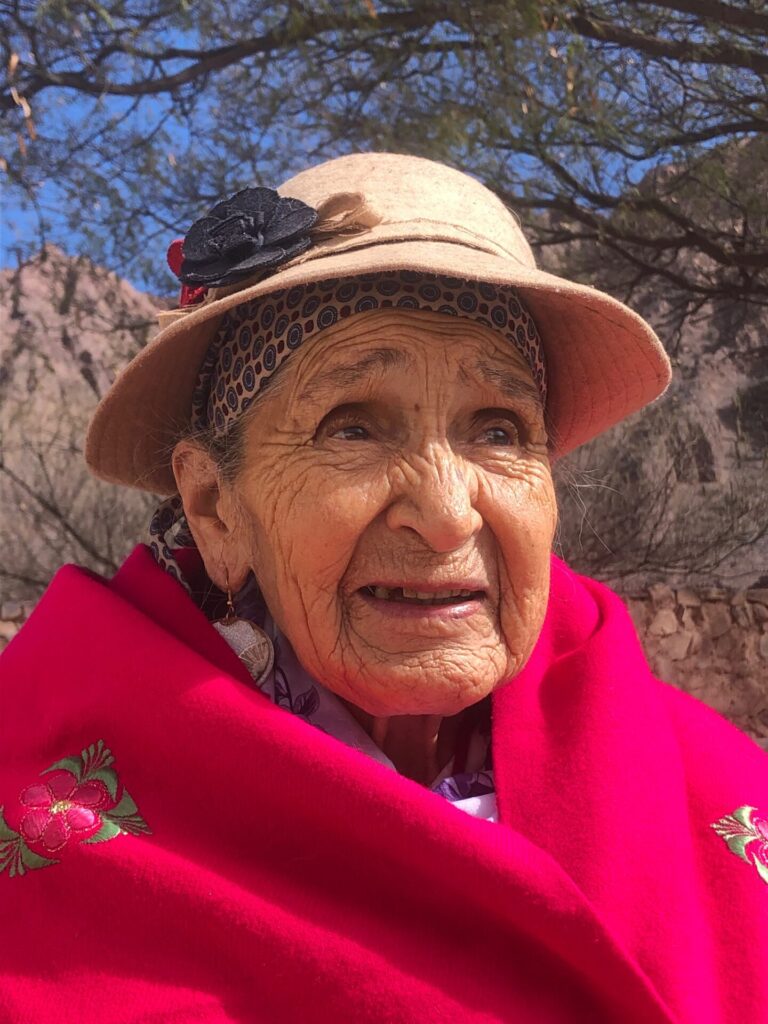
Josefina Aragón
Josefina Aragón, from Maimará in the province of Jujuy. She is the guardian of ancestral knowledge, inherited from her elders. She was born in Bolivia. Her uncle taught her about plants from an early age. She knows all the benefits of plants for healing and cooking. She is a coplera (singer of ancestral songs). She has been named living heritage by UNESCO.
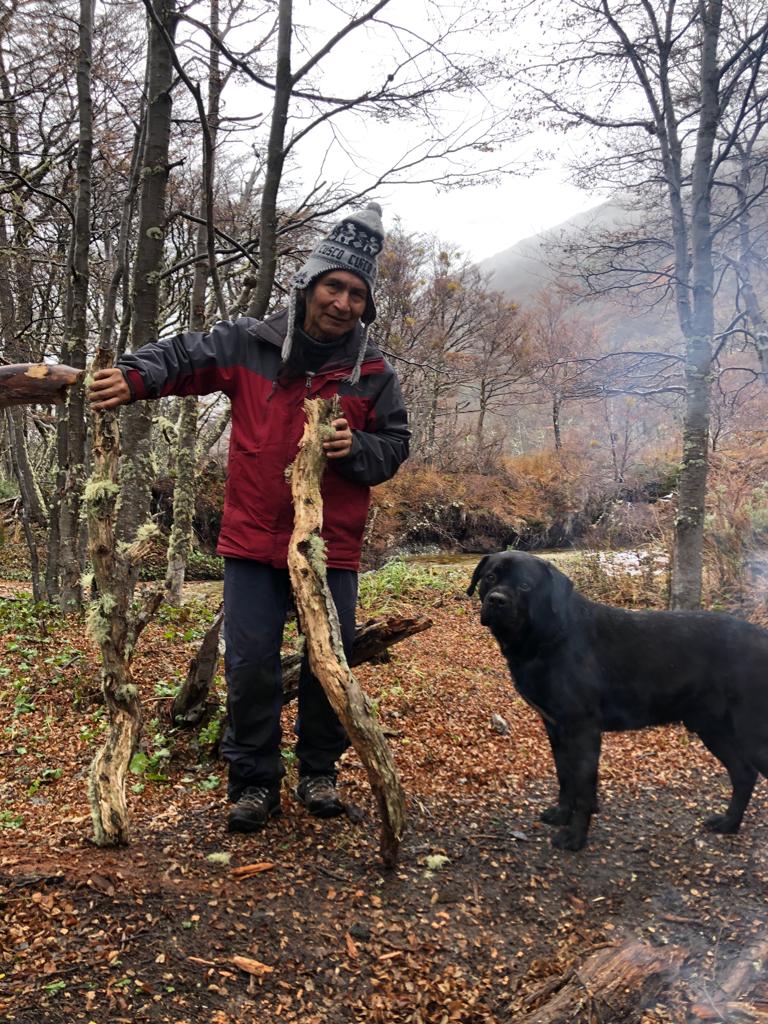
Rene Cecilio Vergara
I'm René, also known as Wayra Muyoq. I come from the great ayllu of Yura, and we are part of the Andean culture. I currently live in Ushuaïa. My activities include indigenous communication, being a chaski for the Days of Peace and Dignity, running workshops on Quechua, walking in the mountains, and many others.
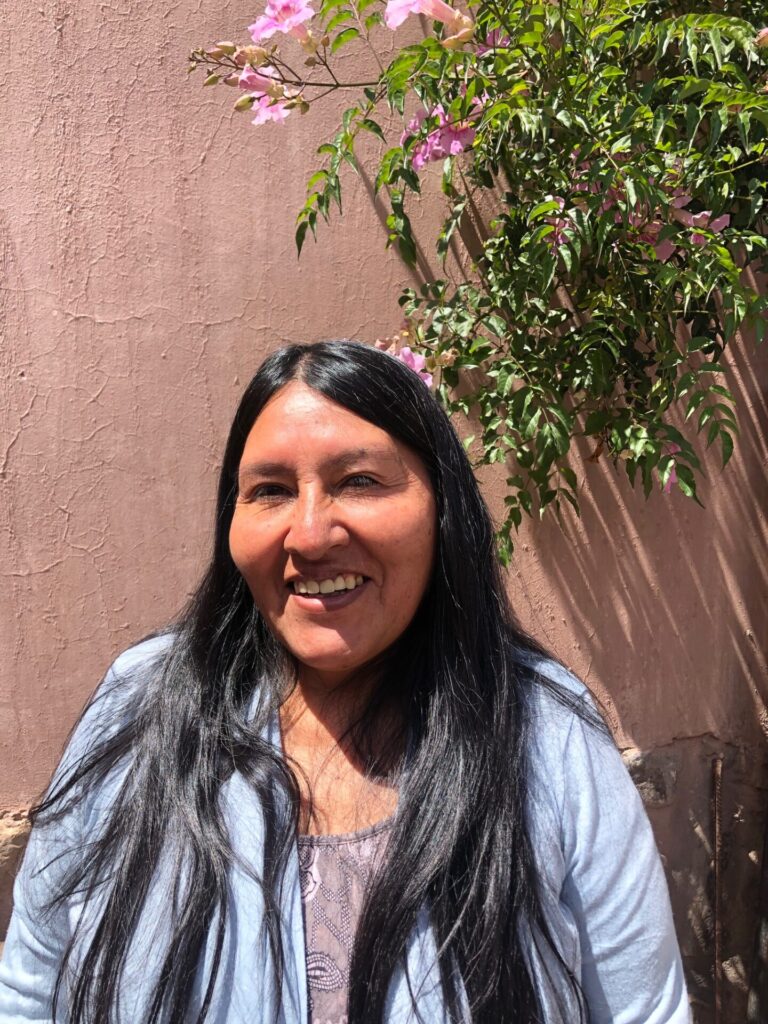
María Guadalupe Tolaba
My name is María Guadalupe. I come from a community called Cerrobayo, which belongs to the town of Moreno, in the southern part of the Puna, between Salta and Jujuy. I live in Tilcara. My family produce sheep, we're farmers. I'm a craftswoman and I belong to the Red Puna weavers' cooperative. Together, we organise everything so that we can produce better weavings. It's a very tough battle at the moment, because the governments hardly care about our lives or our culture in the towns where we live. They are working with multinational companies that want to plunder our land, and that affects us enormously.
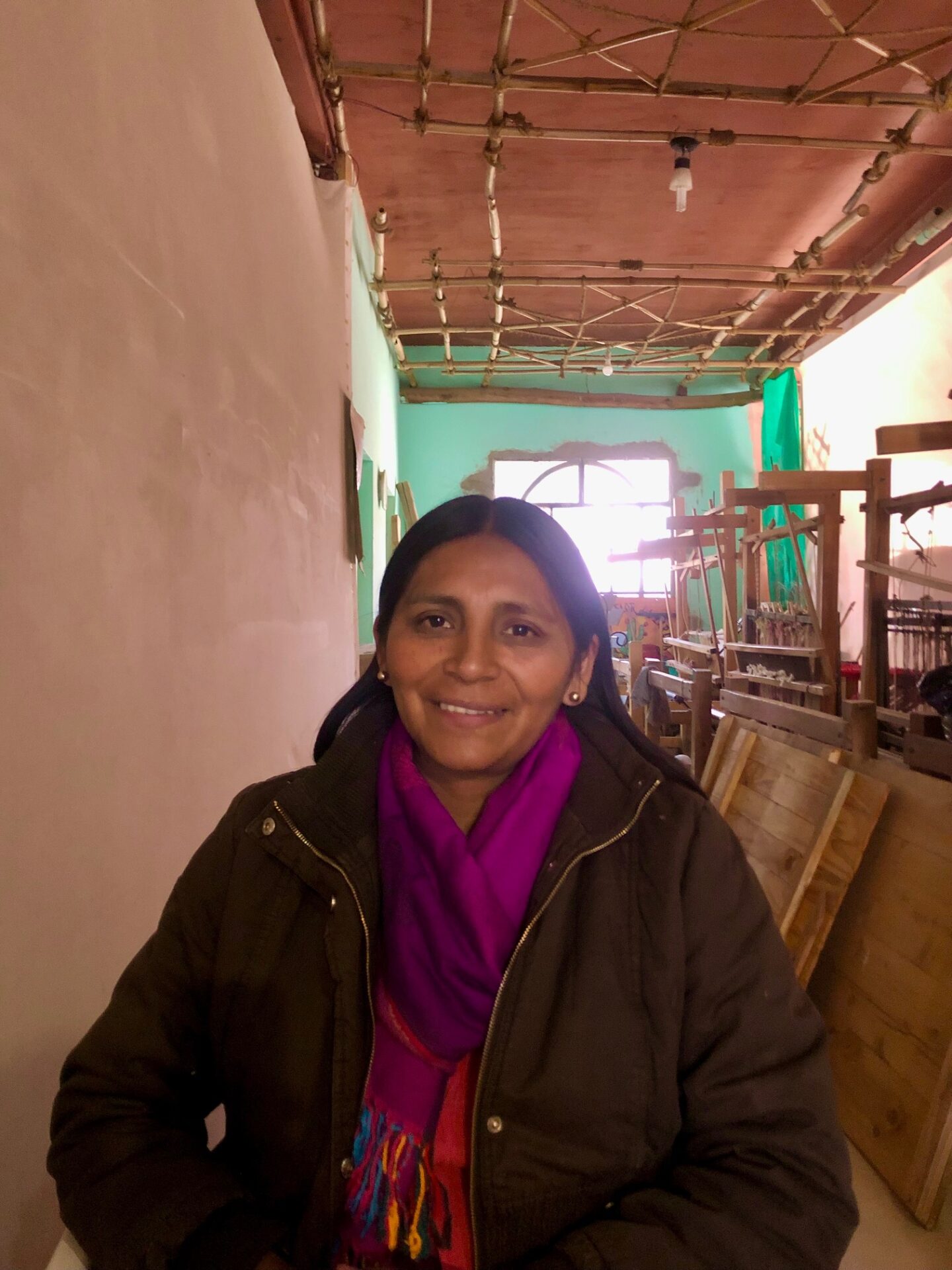
Sonia Verónica Pérez
I come from Durazno, Tilcara, Jujuy. I was born in Tilcara. I grew up between the rural and urban worlds. Ever since I was a child, I've watched my mother and grandmother spin sheep's wool. For my father and grandfather, I wove on looms built by them. Ponchos, blankets, rebozos, saddlebags, bags (waistcoats, plungers, dresses, two-needle shawls) were for domestic, everyday use. When I was 18, I thought about weaving to sell. But I couldn't do it alone, so I joined up with other weavers. So we formed a group, a cooperative.
I'm also a teacher.
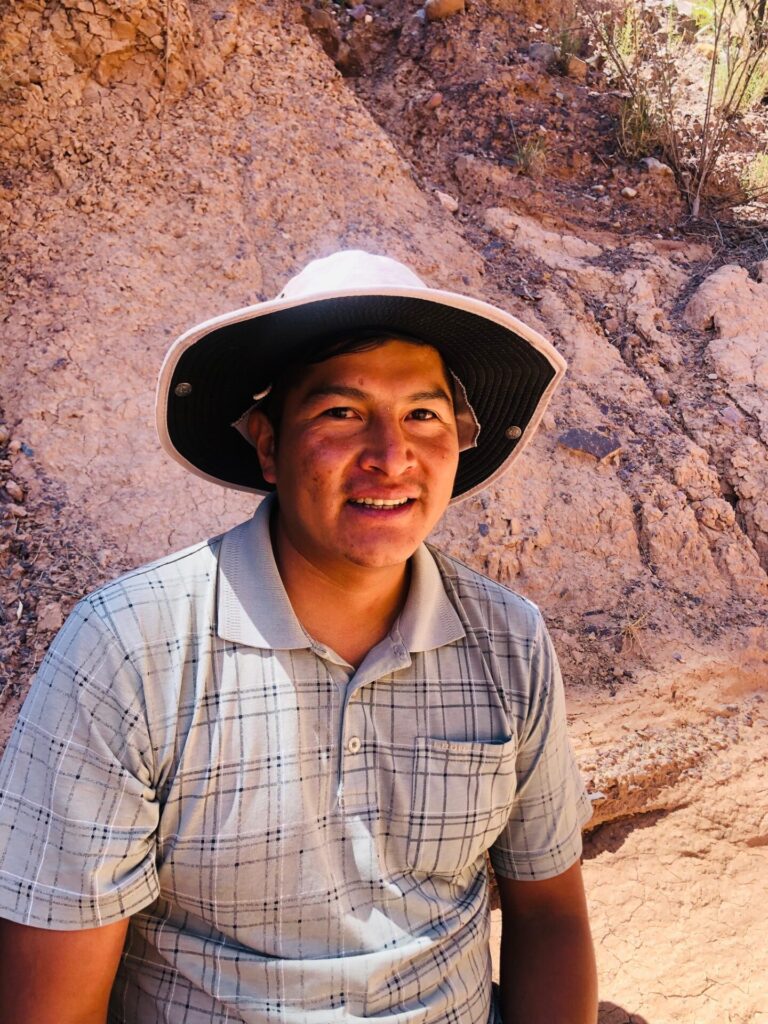
Moïse Chorolque
I'm a coplero (singer of traditional songs) from Tilcara, in the Pircas community of Malka. We continue the Copla tradition, as well as farming and making mud bricks. We also have the Sun, with the Inti Raymi on 21 June, which is a Kolla tradition that goes back to the Incas and even before.
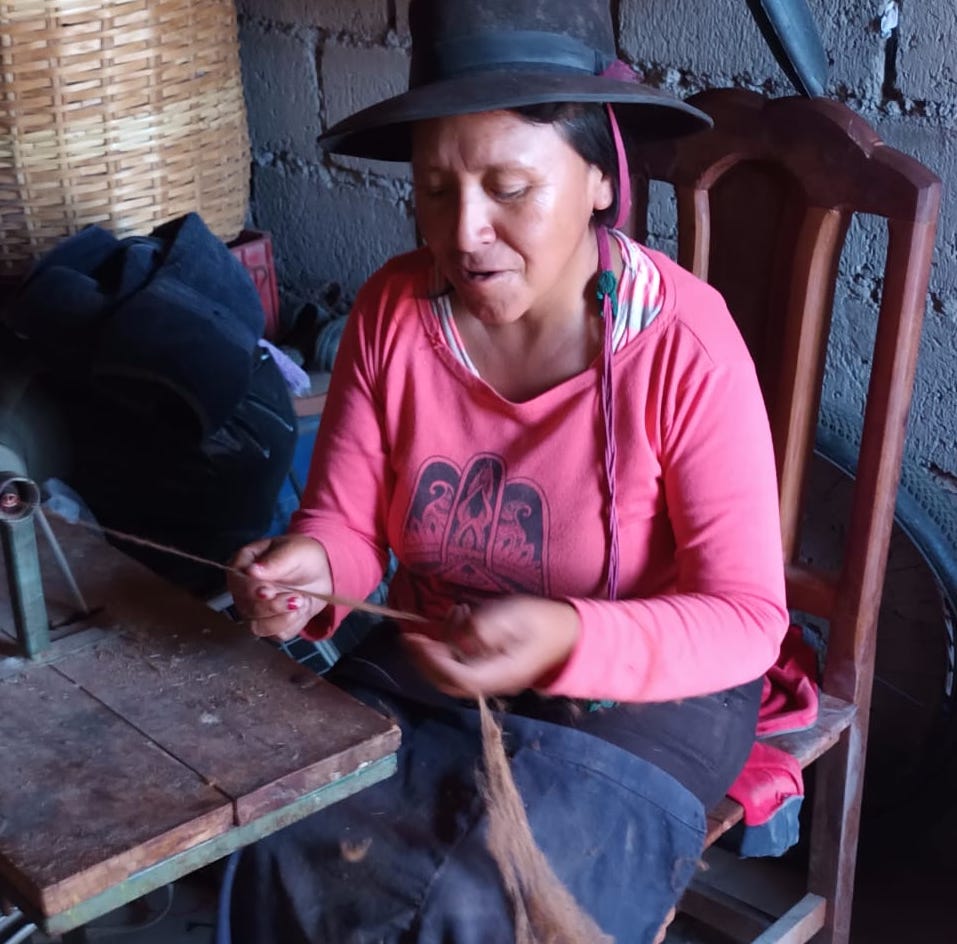
Victoria Elide Lamas
I come from the community of Agua Blanca, in the department of Cochinos, province of Jujuy.
I'm a coplera, I learned from my grandparents and I'm also a yarn and fabric craftswoman.
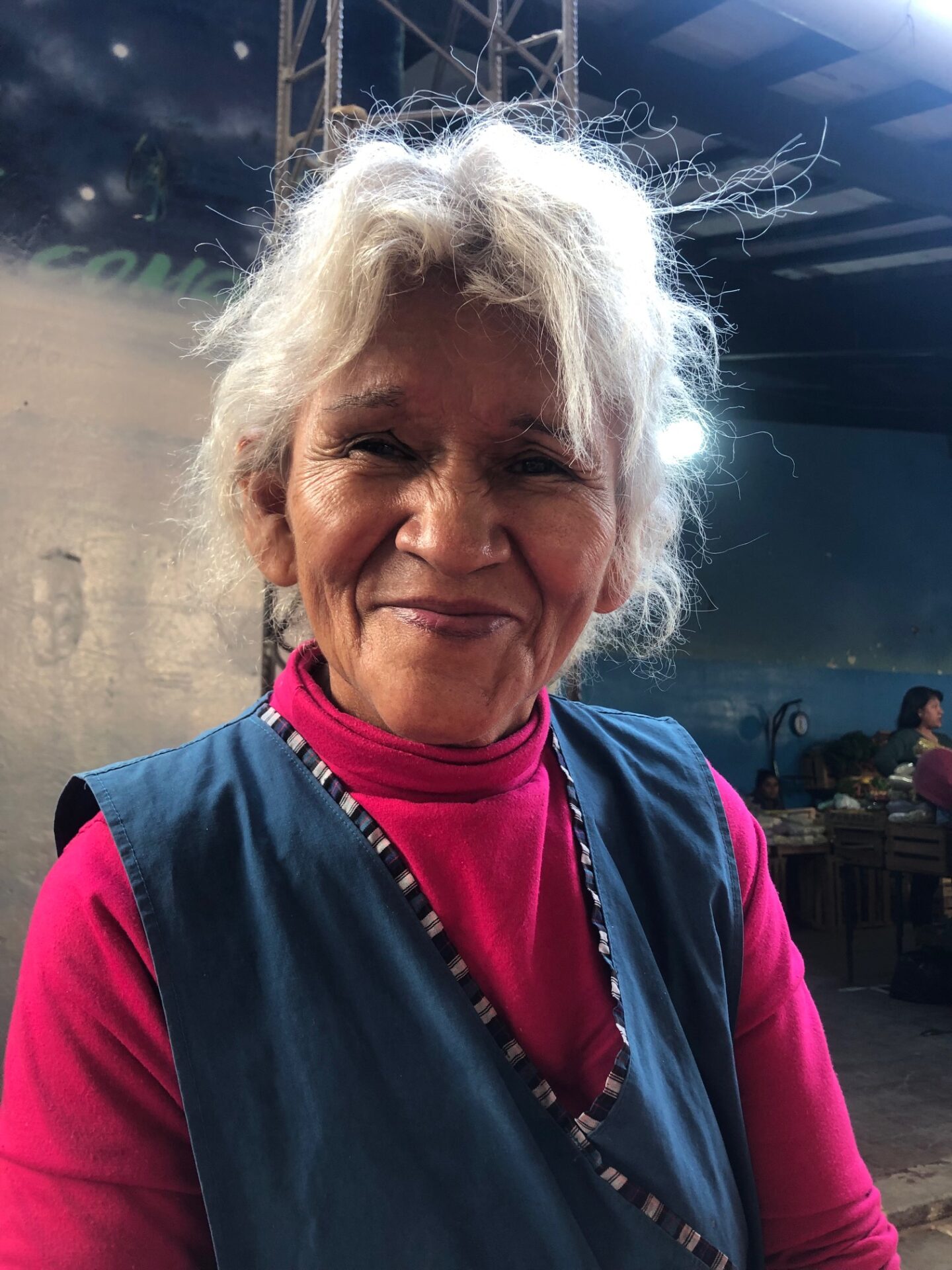
Marcela Cáceres
My name is Marcela. I live in Maimara. I'm a popular cook. I sell my dishes at the Tilcara market. I cook all the traditional dishes of our region and territory. I've learnt on my own by observing and trying out my recipes.
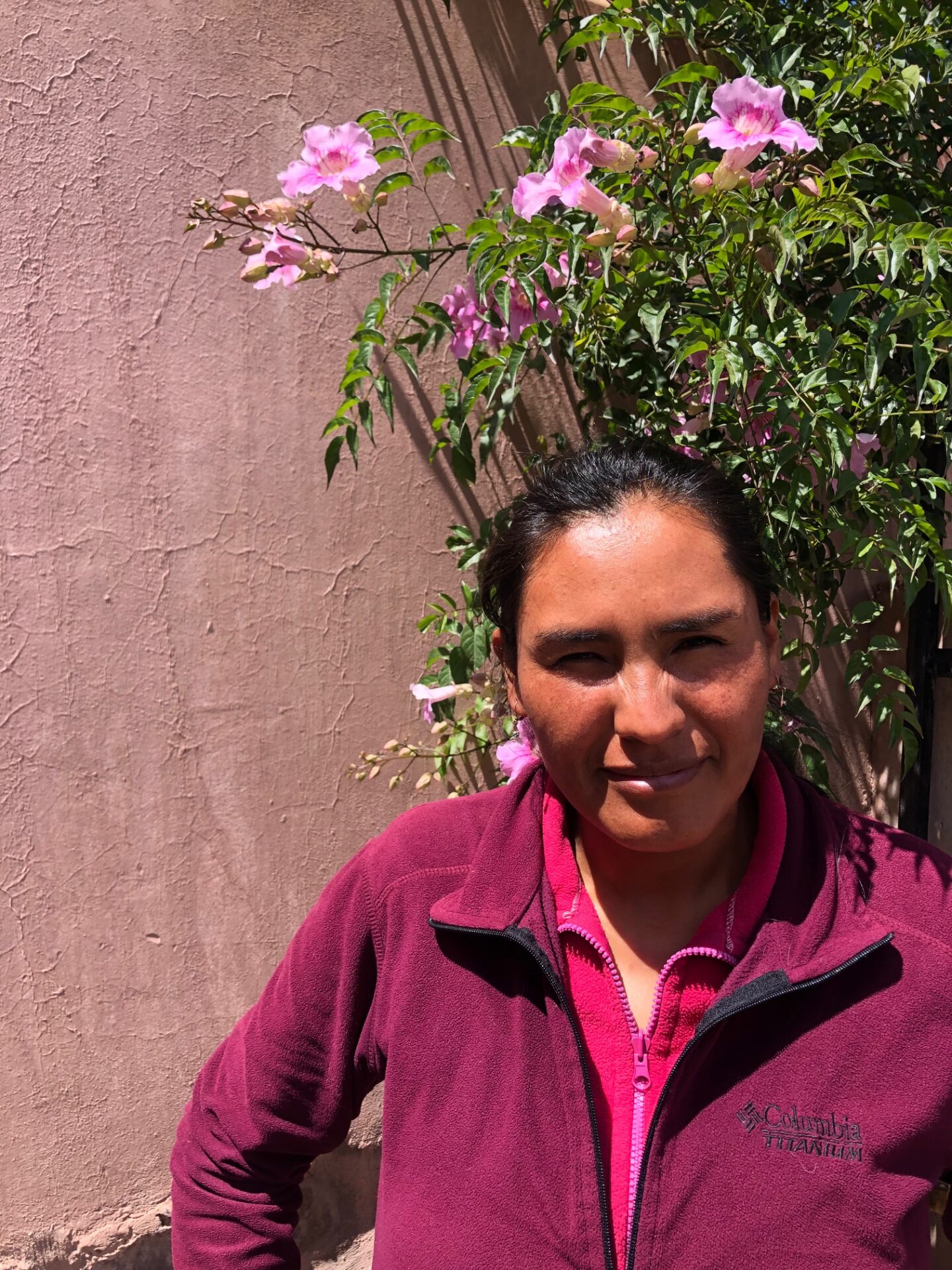
Ana Maria Gimenez
I'm Ana Maria from the community of Quitacara Huacalera, in the province of Jujuy. I'm a coplera (singer of traditional songs) and a weaver.
I'm an independent woman with my work.
